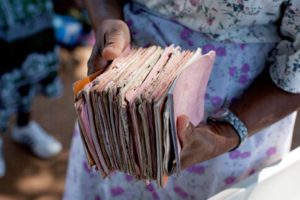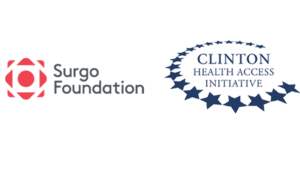Tuberculosis (TB) claims more lives each year than any other infectious disease – a global total of 1.4 million deaths. India accounts for one-third of these, along with 2.7 million new cases each year. The disease afflicts both rural and urban areas, but crowded mega-cities are major sources of new infection.
Governments and organizations fighting TB can see numerous potential leverage points to reduce the number of cases – preventing infection, identifying new cases more quickly, making care more accessible, ensuring correct diagnosis and treatment, helping patients stick with their treatment, and dealing with relapse or drug-resistant strains of the disease. Faced with this complex cascade of necessary steps, how can the government direct limited resources strategically to reach its target of ending TB in India by 2025?

Surgo Foundation has formed a strategic partnership with the Clinton Health Access Initiative (CHAI) to address the challenge of TB in Chennai, a city of more than 8 million people in Tamil Nadu state in India. Among numerous gaps in service provision, we have identified the very earliest steps of care-seeking as one of the under-researched but critical areas of opportunity to stop the spread of TB. The longer people with symptoms of TB delay going to a doctor, the more they risk spreading the infection to others, thus widening the epidemic, and their own more advanced illness may become harder to treat.
Surgo is using its expertise in understanding systems and human behavior, and its deep experience in innovative research methods, to better understand what causes people to seek or not seek care, with the goal of finding ways to get them to a doctor sooner. CHAI will use its experience working on TB in India to help translate these insights into practical interventions (such as messaging and segmentation tools) and work with the local government to scale them across the city. Our initial study tracks a large number of people from the earliest onset of symptoms, in many cases before these are identifiable as specific to TB. That way, we can observe in real time what people actually do as their symptoms progress, what they believe and experience, and who they trust in and listen to.
The insights we gain from this research will help design programs to reach more people in Chennai more quickly with life-saving diagnosis and treatment. It will also contribute to the global body of knowledge of strategies to end this age-old disease.






